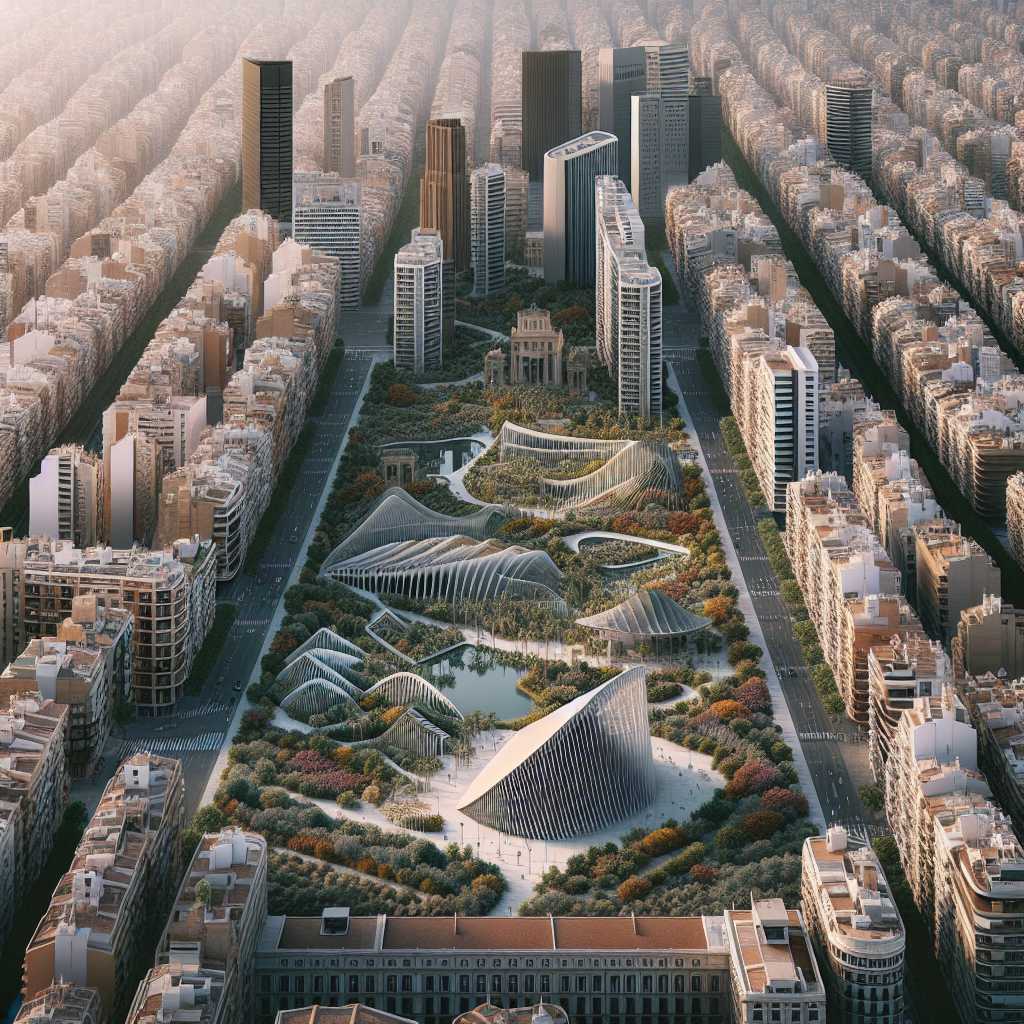Exploring Valencia: A Harmonious Blend of Historic Charm and Modern Vibrancy
Valencia, the third-largest city in Spain, offers visitors a mesmerizing combination of ancient past and cutting-edge future. Nestled along the eastern coast of the Iberian Peninsula, facing the waters of the Mediterranean Sea, this vibrant urban gem has cultivated a culturally rich environment that respects its deep historical roots while embracing innovation and modernism with open arms.
History and Heritage of Valencia
A Look Back: Valencia’s Historical Significance
Valencia’s rich tapestry is woven with diverse threads of historical influence. Founded by the Romans in 138 BC, the city has since been inhabited by Moors, Christians, and many others, each culture etching its mark on Valencia’s identity. Centuries of amalgamated influences are evident through the array of architectural styles and historic sites, from the labyrinthine cobbled streets of the old town, Ciutat Vella, to the imposing Torres de Serranos which once acted as a formidable gateway to its past splendor.
Valencian Landmarks and Architectural Marvels
The city is punctuated by many important historic landmarks. One such marvel is the UNESCO-listed La Lonja de la Seda – a beautifully preserved example of late Gothic architecture that once served as a bustling Silk Exchange. Additionally, Valencia’s Cathedral, dating back to the 13th century, showcases a fascinating mix of architectural styles—with Gothic being predominant—offering insights into the religious history and diverse influences over time.
Valencian Traditions and Cultural Vitality
A Hub for Festivities: Las Fallas Festival
Cultural vitality courses through Valencia’s streets year-round. This is epitomized by Las Fallas festival, internationally acclaimed for its fiery energy and artistic ingenuity. Held annually in March, the festival enlivens the city with larger-than-life effigies (fallas), fireworks, regional music, and traditional costumes culminating in a spectacular burning of these creations amidst a city-wide celebration.
Language and Cuisine – Preserving the Old Alongside New Trends
Valencia takes immense pride in preserving its native language, Valencian, a dialect of Catalan, alongside Spanish. Culinary traditions also serve as a mainstay for cultural expression—with paella considered part of Valencia’s soul—combining local rice varieties with a symphony of flavors ranging from land to sea.
Gateways to Innovation: The City of Arts and Sciences
Architectural Innovation: A City within a City – Ciutat de les Arts i les Ciències
No exposition on Valencia could ignore the avant-garde complex of buildings known as The City of Arts and Sciences. Shaped by Santiago Calatrava’s futuristic designs—native to Valencia—the otherworldly structures shimmer against blue skies, comprising an Opera House, Planetarium, Science Museum, Outdoor Oceanographic Park, and more. This landmark represents Valencia’s eagerness to be at the forefront of architectural and cultural innovation.
Valencia’s Modern-Day Appeal
Green Spaces and Beachfront Bliss: Sustainable Urban Living
As a modern city committed to sustainable living, Valencia takes pride in Jardí del Túria—a verdant park that stretches across the city, crafted from a dried river bed. Moreover, Valencia balances urban life with relaxed beachfront allure through its accessible golden stretches along Malvarrosa and urban beaches near Paseo Marítimo—a demonstration of sustainable urban infrastructure coexisting with natural charm.
Economic Dynamics: Embracing Modern Business Mindset
Valencia’s progressive mindset includes a strong economic outlook with sectors like technology startups, renewable energy initiatives, tourism, and transport having vital roles in its economy—bridging historical significance with an eye on future prosperity.
Notes
*Image description: An aerial view capturing Valencia’s diverse landscape; The modern silhouettes of the City of Arts and Sciences contrasting sharply against the older classical architecture epitomizing its rich historical past—with hints of green sweeping across from Jardí del Túria seen intertwining through the buildings.*
